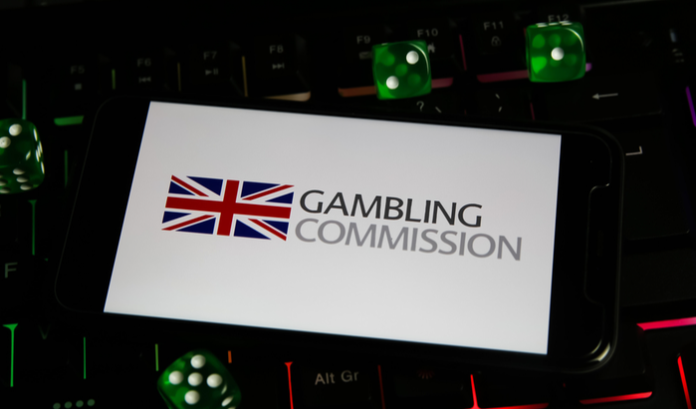UK Gambling Commission (UKGC) Deputy Chief Executive Sarah Gardner highlighted society lotteries as a ‘successful gambling product’ in a speech at the Lotteries Council Annual Conference.
Gardner reflected that 13.4% of UK adults had participated in a charity lottery at some point in the past four weeks, a 10.8% increase on 2018 rates, making the sector one of the few gambling verticals to have not seen a decline during COVID.
As with other gambling segments, however, society lotteries have seen an upsurge in online participation, with 63% of users of the charity products purchasing tickets via the web against 34% in person.
“There is plenty to mull over in these numbers for all of you in this room,” Gardner informed stakeholders. “But the statistic that jumps out at me there is the rate of online play. Given that the growth of online gambling has slowed somewhat, the level of play for society lotteries online is stark.
“And that raises questions. How well do you know your customers online? Online play is of course very different for society lotteries compared to other types of gambling, often just a method of payment.
“But whether you’re simply offering an online payment option or have developed instant win products, questions on how you interact with your customers online are worth considering in either case.”
Society lotteries are a ‘force for good’, she asserted, but the sector’s operations and business models must not be ‘tainted by failures to meet’ UKGC standards in pursuit of their charitable fundraising goals.
In an interview with Lottery Daily this week, Lebby Eyres, CEO of The Health Lottery, reflected that the recent Gambling Act review White Paper had little to say about the lottery space, focusing more on betting and casino gaming.
Two key areas of the review which did focus on lotteries have seen proposals for the age limit on society lotteries to be set at 18 in line with the National Lottery, and regulation of prize draws to meet the regulation of lotteries.
On the White Paper, Gardner said to the Forum: “For our part, whilst the implementation of the White Paper – which has over 60 areas of work for the Gambling Commission alone – will likely take a number of years to fully complete, that doesn’t mean we can’t make rapid progress in a number of key areas.
“But it does mean we – and Government – need to prioritise our work. We also want to make sure that where we are consulting we get it right. Less haste and more speed will be our approach.”
The main takeaway of the White Paper – which has met with some annoyance from elements of the sector – is that further consultations on its proposals are due.
Gardner explained that it is the UKGC’s intention for its own consultations to be published ‘this summer’, with pre-consultation engagement with a variety of gambling stakeholders having already begun.
In the meantime, society lotteries have been encouraged to work according to three principles outlined by UKGC CEO Andrew Rhodes – putting people first, doing the right thing and aiming for regulation that works for all.
Garnder concluded: “The Gambling Act Review White Paper is a once in a generation change for gambling in this country. It likely sets out the vast majority of the Gambling Commission’s work for the next three years. And it will have an important impact on the lotteries sector too.
“So we want to engage with you on that, we want to work with you on that journey and where we consult we will want your views. Keep your products safe, fair and crime free and we will be only too happy to continue to collaborate with you as you continue raising vital funds for good causes.”




























